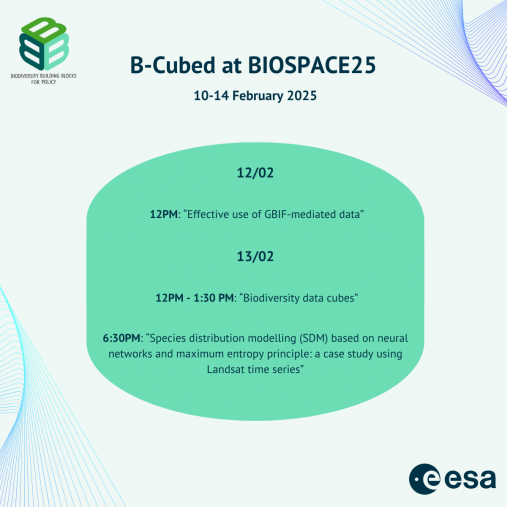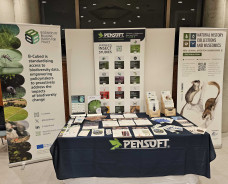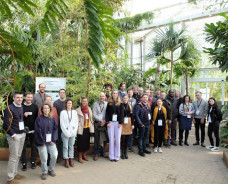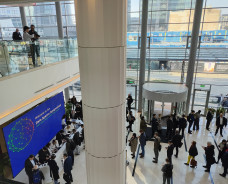BioSpace25 is the first of a new series of conferences organised by the European Space Agency (ESA) and its partners: the European Commission, the Group on Earth Observations Biodiversity Observations Network (GEO BON) and the Committee on Earth Observation Satellites (CEOS). The event will take place from 10-14 February in Italy and aims to bring together interdisciplinary and cross-sectoral experts in biodiversity and conservation. This is the first international conference exclusively focused on the use of Satellite Remote Sensing (SRS) for biodiversity, with an emphasis on applying Earth Observations across all ecosystems, including terrestrial, freshwater, coastal, and marine environments. It will bring together specialists in satellite remote sensing for biodiversity, biodiversity scientists, field ecologists, biodiversity monitoring practitioners, data providers and biodiversity policy stakeholders from governments, international organisations and NGOs.
B-Cubed partners will attend the event and present project results, including:
-
“Effective use of GBIF-mediated data” on Wednesday, 12 February, from 12 PM
-
“Biodiversity data cubes” on Thursday, 13 February, from 12:00 - 13:30 PM
-
“Species distribution modelling (SDM) based on neural networks and maximum entropy principle: a case study using Landsat time series” on Thursday 13, from 18:30 PM
During the last session, project members will also share their results from the GUARDEN project - “Biodiversity monitoring by species distribution modelling using species association interactors from Sentinel-2 data: A case study of the GUARDEN project”.
B-Cubed's policy brief will also be available at the conference, along with other awareness-raising materials such as our two-pager and stickers.
The conference's overall focus will be on enhancing understanding of biodiversity, exploring its links to ecosystem integrity, assessing ecosystem status, and addressing climate change impacts.
Additionally, policy discussions will include the Kunming-Montreal Global Biodiversity Framework, the EU Biodiversity Strategy for 2030, and the integration of nature-related risks and opportunities into financial decision-making (e.g., TNFD). The event will explore critical biodiversity challenges that Earth Observation systems should primarily tackle. It will also showcase innovative SRS solutions across various biodiversity domains and promote collaborative efforts to advance the use and impact of Earth Observation in biodiversity science, monitoring, and policy development.



